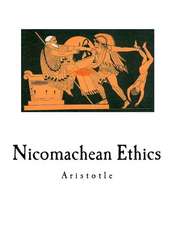
Cărți de Aristotle

Aristotle (; Greek: Ἀριστοτέλης Aristotélēs, pronounced[aristotélɛːs]; 384–322 BC) was a Greek philosopher and polymath during the Classical period in Ancient Greece. Taught by Plato, he was the founder of the Lyceum, the Peripatetic school of philosophy, and the Aristotelian tradition. His writings cover many subjects including physics, biology, zoology, metaphysics, logic, ethics, aesthetics, poetry, theatre, music, rhetoric, psychology, linguistics, economics, politics, meteorology, geology and government. Aristotle provided a complex synthesis of the various philosophies existing prior to him. It was above all from his teachings that the West inherited its intellectual lexicon, as well as problems and methods of inquiry. As a result, his philosophy has exerted a unique influence on almost every form of knowledge in the West and it continues to be a subject of contemporary philosophical discussion.
Little is known about his life. Aristotle was born in the city of Stagira in Northern Greece. His father, Nicomachus, died when Aristotle was a child, and he was brought up by a guardian. At seventeen or eighteen years of age he joined Plato's Academy in Athens and remained there until the age of thirty-seven (c. 347 BC). Shortly after Plato died, Aristotle left Athens and, at the request of Philip II of Macedon, tutored Alexander the Great beginning in 343 BC. He established a library in the Lyceum which helped him to produce many of his hundreds of books on papyrus scrolls. Though Aristotle wrote many elegant treatises and dialogues for publication, only around a third of his original output has survived, none of it intended for publication.
Aristotle's views profoundly shaped medieval scholarship. The influence of physical science extended from Late Antiquity and the Early Middle Ages into the Renaissance, and were not replaced systematically until the Enlightenment and theories such as classical mechanics were developed. Some of Aristotle's zoological observations found in his biology, such as on the hectocotyl (reproductive) arm of the octopus, were disbelieved until the 19th century. He also influenced Judeo-Islamic philosophies (800–1400) during the Middle Ages, as well as Christian theology, especially the Neoplatonism of the Early Church and the scholastic tradition of the Catholic Church. Aristotle was revered among medieval Muslim scholars as "The First Teacher", and among medieval Christians like Thomas Aquinas as simply "The Philosopher", while the poet Dante called him “the master of those who know". His works contain the earliest known formal study of logic, and were studied by medieval scholars such as Peter Abelard and John Buridan.
Aristotle's influence on logic continued well into the 19th century. In addition, his ethics, though always influential, gained renewed interest with the modern advent of virtue ethics.
Aristotle has been called "the father of logic", "the father of biology", "the father of political science", "the father of zoology", "the father of embryology", "the father of natural law", "the father of scientific method", "the father of rhetoric", "the father of psychology", "the father of realism", "the father of criticism", "the father of individualism", "the father of teleology", and "the father of meteorology".


De Anima: De Anima

Aristotle's "Politics": Second Edition

de Anima: R.D. Hicks' Original Full Translation & Introduction (Aziloth Books)
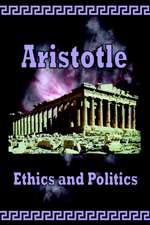
Aristotle - Ethics and Politics: The Art of Christopher Carter

Rhetoric

Metaphysics

Nicomachean Ethics

Poetics
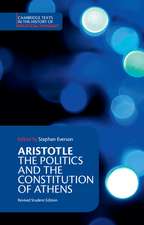
Aristotle: The Politics and the Constitution of Athens
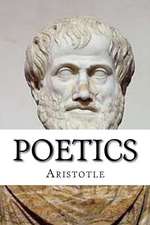
Poetics
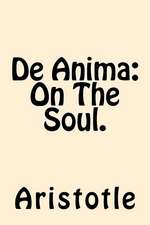
de Anima (on the Soul)
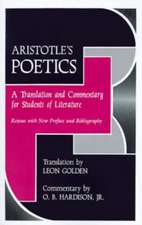
Aristotle's Poetics: A Translation and Commentary for Students of Literature

One Swallow Does Not Make a Summer
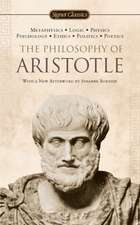
The Philosophy of Aristotle

Aristotle's "Art of Rhetoric"

Pocket Aristotle

Politics
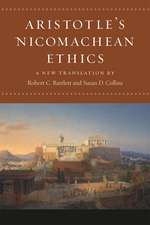
Aristotle's Nicomachean Ethics

Athenaion Politeia
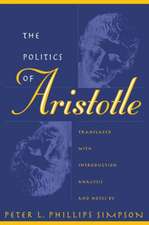
Politics of Aristotle
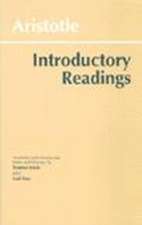
Aristotle: Introductory Readings
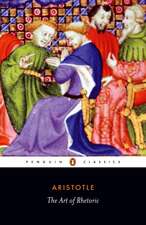
The Art of Rhetoric

Prior Analytics
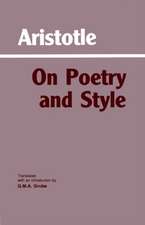
On Poetry and Style

The Athenian Constitution
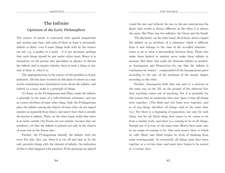
The Physics. Writings on Natural Philosophy (Concise Edition)
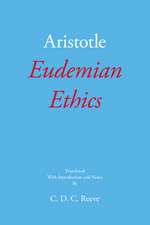
Eudemian Ethics
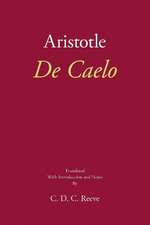
De Caelo
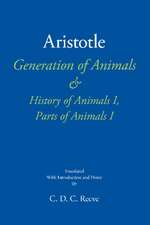
Generation of Animals & History of Animals I, Parts of Animals I

Rhetoric

Physics: Images of End

Politics

Gorgias and Rhetoric
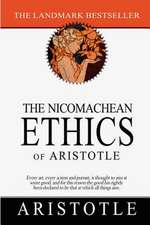
The Nicomachean Ethics of Aristotle

Nichomachean Ethics
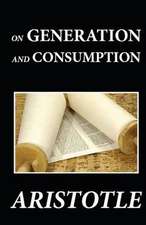
On Generation and Consumption

On Sophistical Refutations
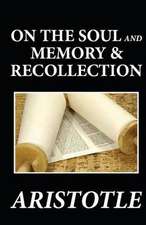
On the Soul and Memory & Recollection

The Rhetoric and the Poetics of Aristotle
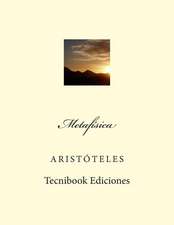
Metafisica
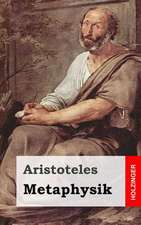
Metaphysik
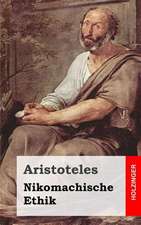
Nikomachische Ethik

Rhetoric
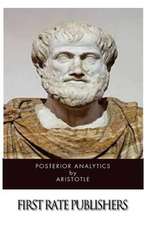
Posterior Analytics

The History of Animals

Meteorology
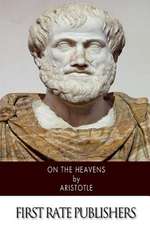
On the Heavens

Topics
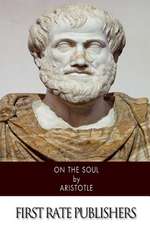
On the Soul
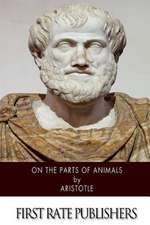
On the Parts of Animals
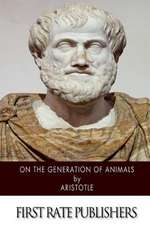
On the Generation of Animals
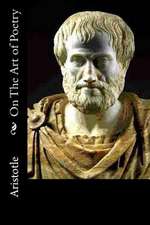
On the Art of Poetry
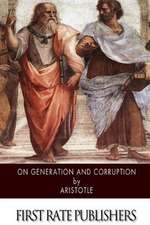
On Generation and Corruption
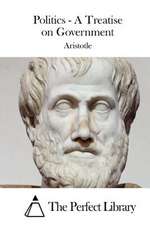
Politics - A Treatise on Government

Moral
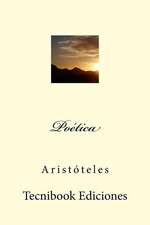
Poetica
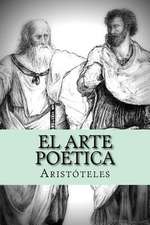
El Arte Poetica
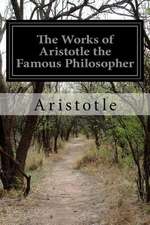
The Works of Aristotle the Famous Philosopher

The Ethics of Aristotle
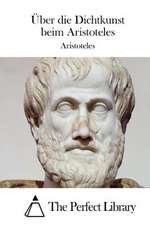
Uber Die Dichtkunst Beim Aristoteles

On Sense and the Sensible

On the Vital Principle
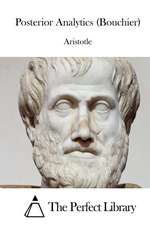
Posterior Analytics (Bouchier)
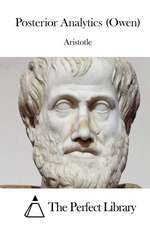
Posterior Analytics (Owen)
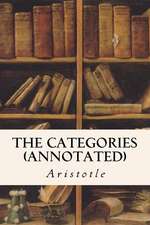
The Categories (Annotated)
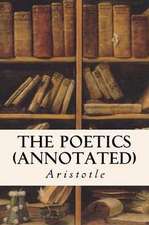
The Poetics (Annotated)
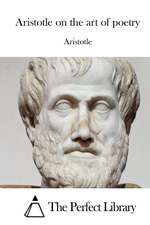
Aristotle on the Art of Poetry
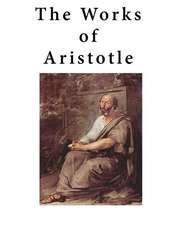
The Works of Aristotle

Acerca del Alma

Etica a Nicomaco

The Categories
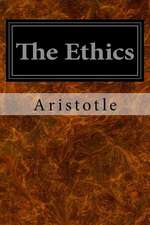
The Ethics
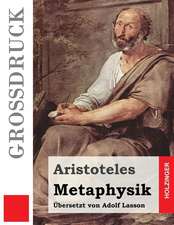
Metaphysik (Grossdruck)

The Poetics of Aristotle
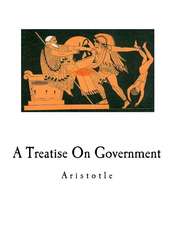
A Treatise on Government
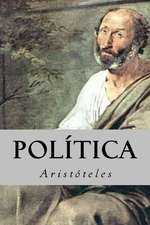
Politica
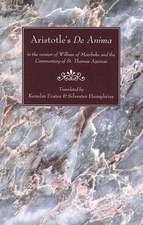
Aristotle's de Anima

La Politica
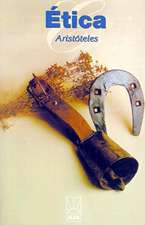
Etica

Categories, on Interpretation, and on Sophistical Refutations: Working Principles and Concrete Examples in Applied Mental Science
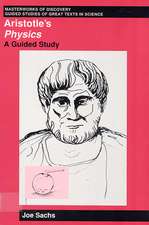
Aristotle's Physics: A Guided Study
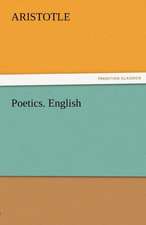
Poetics. English
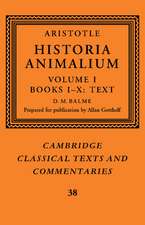
Aristotle: 'Historia Animalium': Volume 1, Books I-X: Text
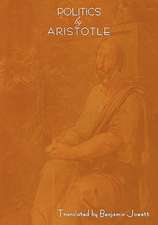
Politics by Aristotle (Written 350 B.C.E)

Metaphysics - Aristotle
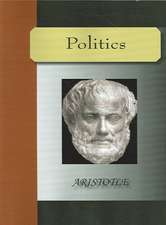
Politics - Aristotle: An Historical Romance of the Ku Klux Klan
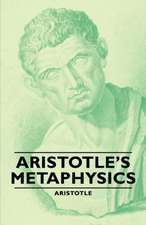
Aristotle's Metaphysics

The Categories - Aristotle

Oeconomica
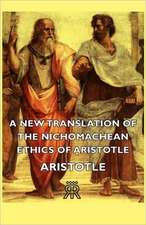
A New Translation of the Nichomachean Ethics of Aristotle

On the Heavens and on Generation and Corruption: Working Principles and Concrete Examples in Applied Mental Science
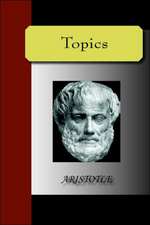
Topics - Aristotle
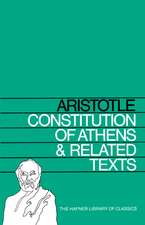
Constitution of Athens and Related Texts
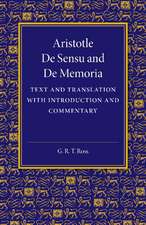
De sensu and De memoria: Text and Translation with Introduction and Commentary

Uber Die Dichtkunst
- 1
- 2